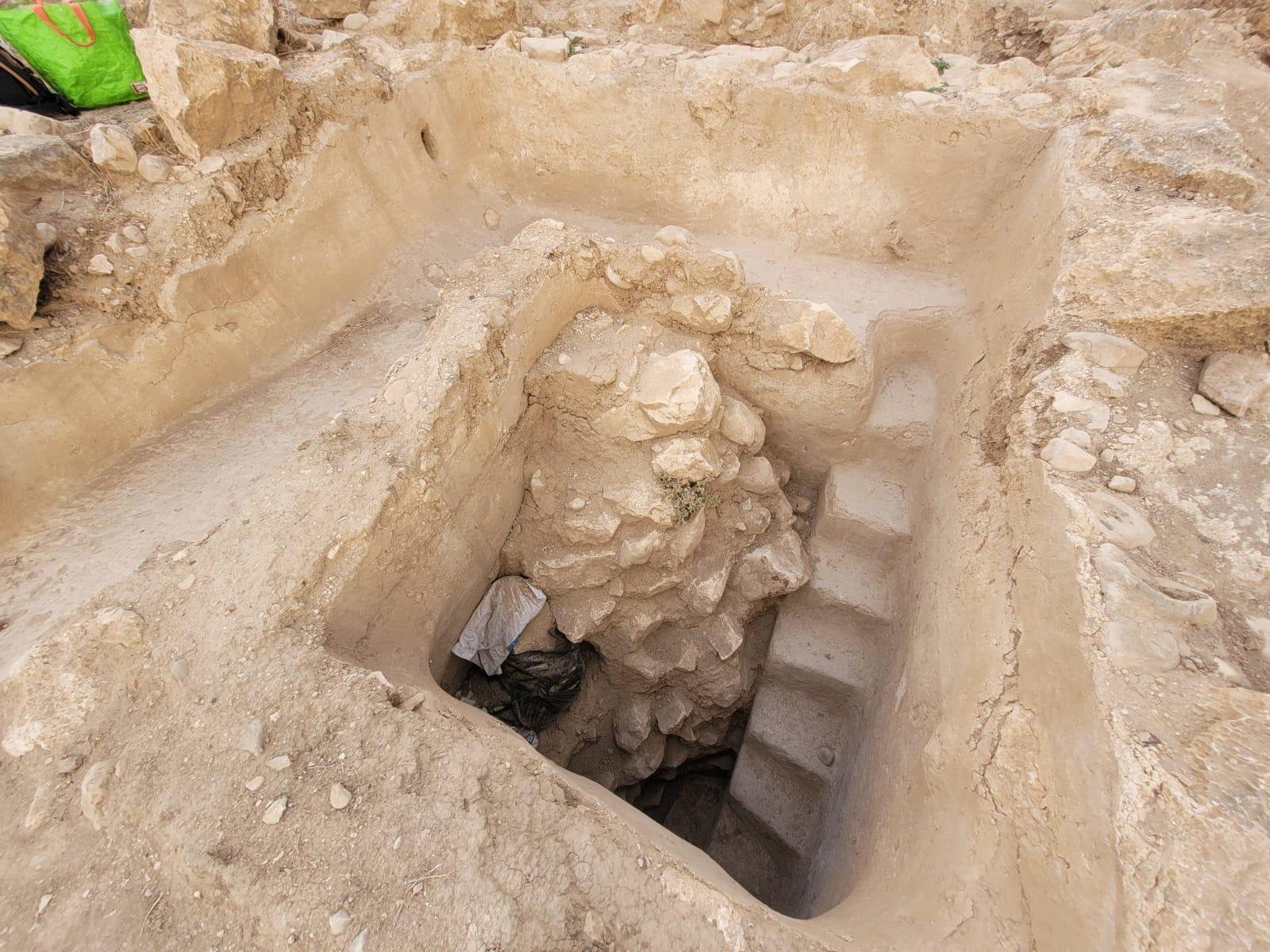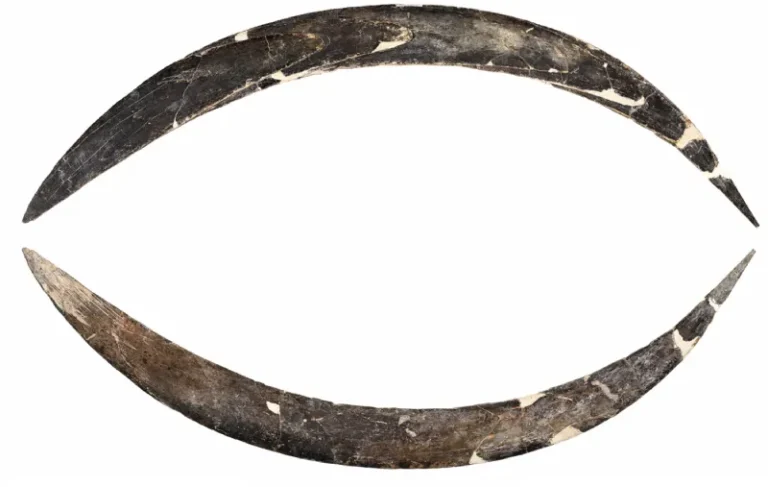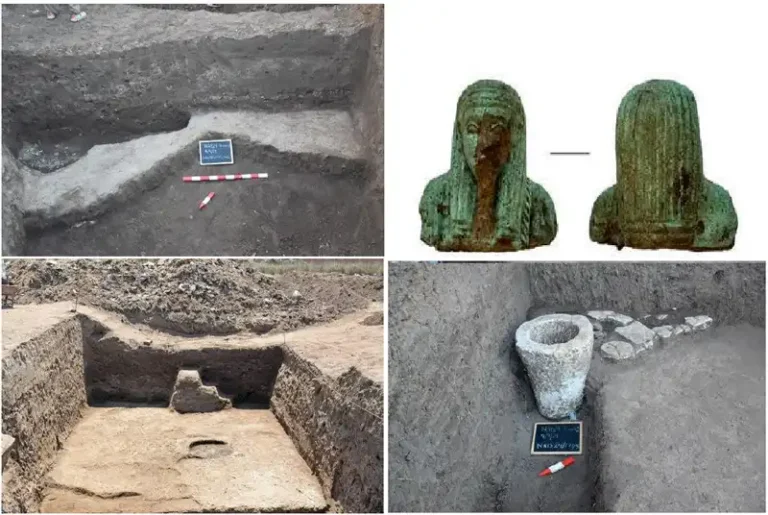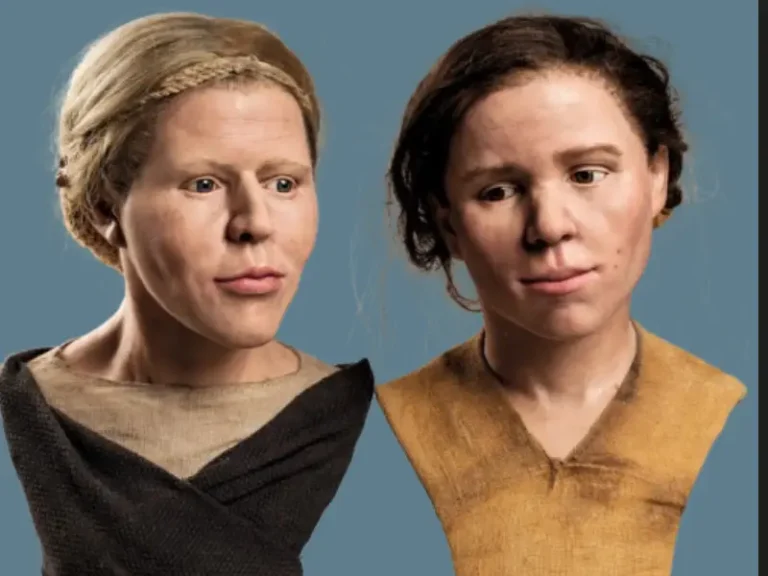Rare treasure trove of ancient coins found in Israel

A cache of ancient coins, over 2,000 years old and believed to have belonged to King Alexander Jannaeus—the second ruler of the Hasmonean dynasty that governed Judea in the final centuries before the Common Era—has been uncovered, according to the University of Haifa in Israel.
Archaeologists discovered approximately 160 coins during ongoing excavations in the Jordan Valley, a region stretching between the Israeli-occupied West Bank and Jordan’s eastern border. The excavation project is led by researchers from the University of Haifa and the Zinman Institute of Archaeology, as detailed in a university news release translated from Hebrew.
The discovery, made on Friday, coincided with the third day of Hanukkah, a detail researchers highlighted for its historical resonance. King Alexander Jannaeus was a descendant of the leaders of the 167 B.C.E. revolt, which, according to the Talmud, resulted in the restoration of the Temple in Jerusalem and the first celebration of Hanukkah.
Each coin is inscribed with an eight-pointed star and the phrase “King Alexander 25” written in Aramaic, one of the world’s oldest known languages. Originating in the region that is now Syria, Aramaic is closely related to both Arabic and Hebrew. According to the University of Haifa, these coins are believed to date back to approximately 80 B.C.E.
“The site where the treasure was uncovered appears to be a previously unrecognized way station,” said Shai Bar, one of the excavation leaders, in a statement released by the university. According to Bar, the site includes a purification bath used for religious rituals, a water storage facility, and several other structures. The station is situated along a major road that led to the Alexandrion fortress, a mountaintop stronghold in the Jordan Valley constructed by Alexander Jannaeus.

Bar shared with the university that students and volunteers participated in the excavation that unearthed the ancient coins. He noted their excitement at discovering the treasure during Hanukkah, adding a layer of significance to the find.
“This added special meaning to the holiday for them, including in the difficult days our people are going through at the moment,” Bar said. “I hope that the place will become a site that attracts a crowd, and will be added to the archaeological and heritage sites of our country.”
Hanukkah began on December 25 and lasts for eight days, ending on Thursday, January 2.






